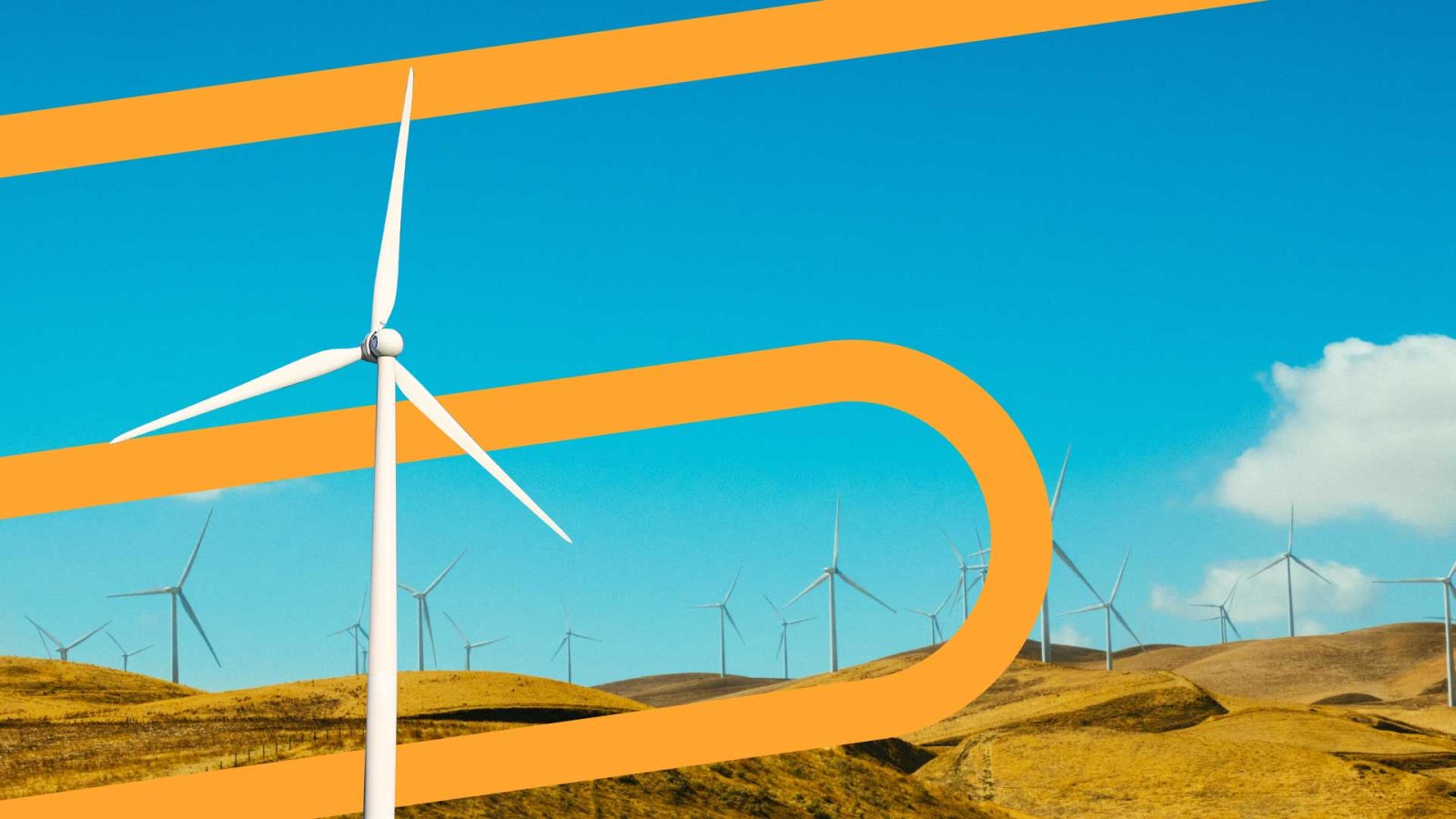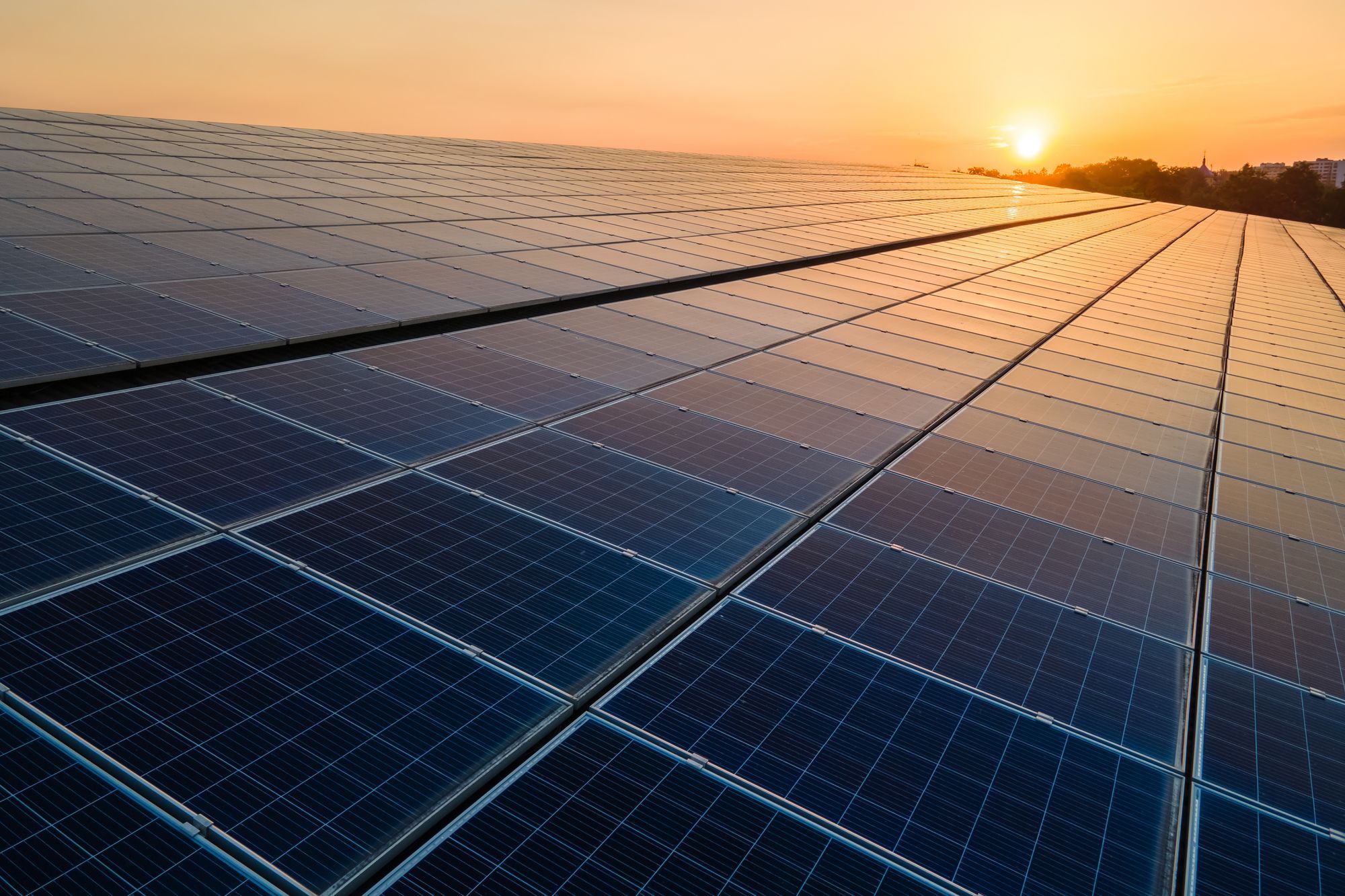
But it is also the world’s number one contributor to climate change — producing more carbon emissions than any other sector. Transforming the global electricity sector from fossil fuels to renewables is the single most important thing we can do before 2030 to slow climate change.
A climate-secure future is one in which communities all over the world have affordable electricity, clean air to breathe, abundant green jobs and flourishing, biodiverse ecosystems.
The International Energy Agency says that half of all emissions cuts needed by 2030 must come from the power sector. If we do not achieve these cuts we will face a climate breakdown of catastrophic proportions.
The technologies to facilitate a first, fast and fair energy transition are in place today, and renewable energy is cheaper than fossil fuels almost everywhere in the world.
But a series of barriers are holding us back. At the current rates of renewables deployment and fossil phaseout, the power sector won’t decarbonise quickly enough. We must act now to change this trajectory, and philanthropy has a critical role to play.
Philanthropy has already been game-changing for climate action, funding research, campaigning and advocacy to help scale renewables to where they are today – poised for exponential growth. Now, philanthropy is uniquely placed to accelerate the scaling of renewable energy to its full potential.
